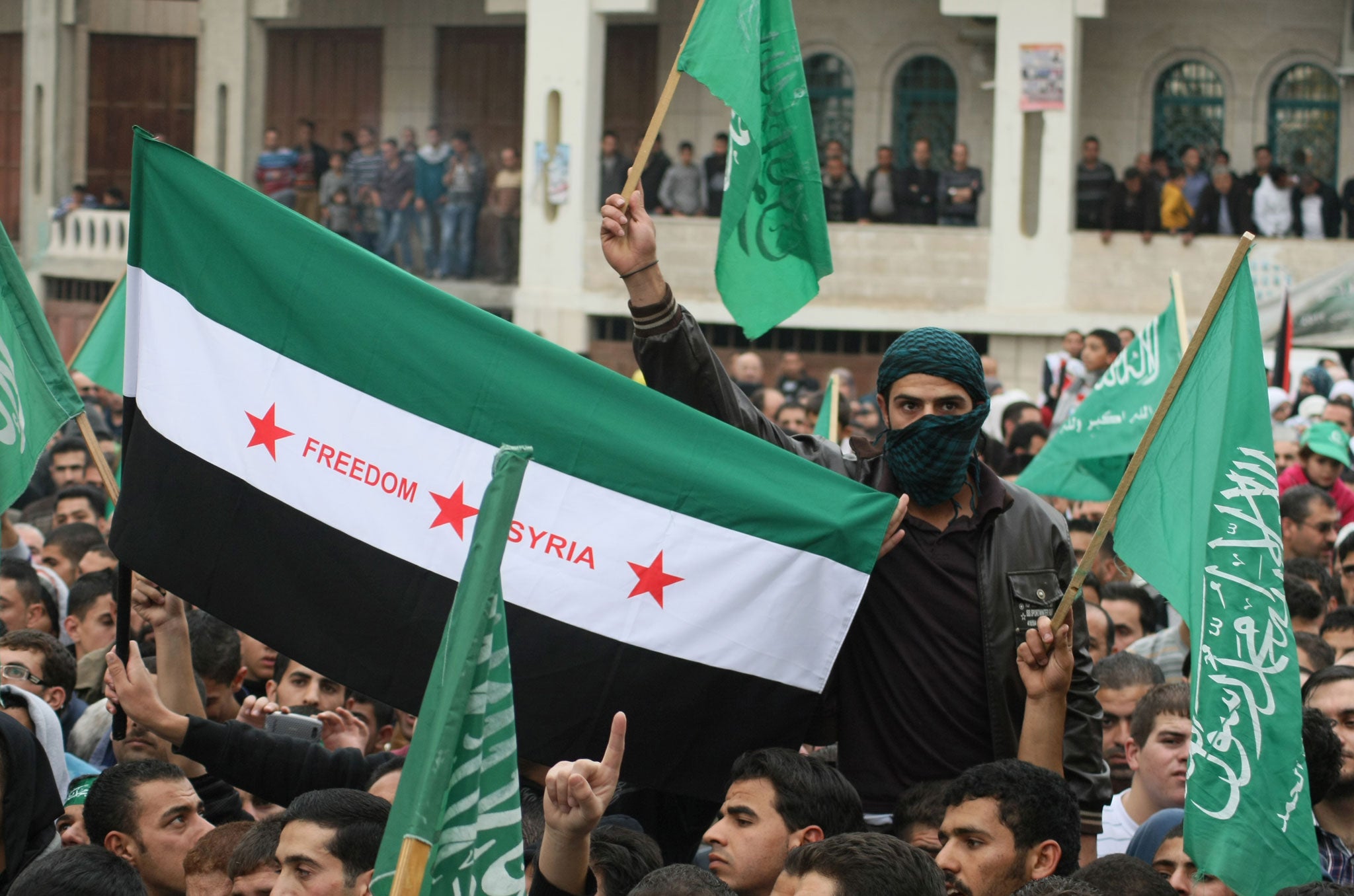The Arab Spring has done nothing for Gaza
Since the revolutions in the Arab world, Gaza is no longer without allies, but with friends like these, who needs Israelis?

Since the Israeli assault on Gaza began, the refrain has been that the terrain in the Arab World has changed, that the “political furniture” has been rearranged, that Hamas is no longer without allies, and that Gaza is no longer alone.
But 46 Gazans were already dead before the Arab League meeting to address the Gaza situation had even begun. It took the organisation three days to hold an “emergency” meeting. And it made for painful viewing. As Arab political representatives read statement after statement of empty rhetoric and then issued yet another concluding statement, it became clear they were stuck in a different era. It was even more apparent that the Arab Spring had done very little to change the Arab World’s utter impotence in the face of Israeli aggression.
Where is the “Arab Street” you may well ask? The street that felt its governments did not give enough support to the Palestinians and were the West’s lackeys in the region. The Palestinian “case”, is one that is fed to Arabs with their mother’s milk, and the plaintive cry over the past three decades has been that if only a government that could really represent its people came to power, then Israel’s impunity would come into serious question. It was a grievance inextricably tied to the perception that Arabs were weak, subjugated, a motif for a region brought to its knees by corrupt dictators in the pay of the West. But de-coupled from that scenario, Arab anger is far less potent, and far more fragmented, focused more on the performance of its fledgling governments and the instability in the region as a whole.
Palestine was an open wound that opposition parties could easily employ to galvanise the people, and that governments could use to whip up passions and deflect attention from internal failures. But now the naivety of that view is being exposed. These opposition parties are in power, and the constraints of realpolitik are becoming apparent.
Since the attack on Gaza began, the new Egyptian president Mohammed Morsi has done very little that Hosni Mubarak has not, or would not have done. Mubarak regularly recalled the Egyptian ambassador to Israel, and sent strongly worded letters to Israeli officials. The new changes are cosmetic, with an eye on the electorate back home. The Egyptian prime minister arrived in Gaza and carried injured children to hospital, the Tunisians are sending a delegation, and a convoy of Egyptian politicians and activists crossed into Gaza on Sunday to show support to the Palestinians. This is enough of a break with tradition to give the impression that there is a more strident, less cowering solidarity, mollifying the electorate. But it is not one muscular enough to advocate for anything that Israel’s agenda will not accommodate.
If anything, once it became clear that the Muslim Brotherhood was tempered by the realities of power and was not going to fulfil the West’s nightmare of suicidally escalating enmity with Israel, the closer links between Hamas and the Egyptian Muslim Brotherhood began to put undue pressure and expectation on the latter to convince Hamas to climb down and adopt a more malleable position. Thus all the onus was placed on the victims, and not the perpetrator: an impossible situation which leaves the impetus for a truce dependent on the more powerful party’s dictates. On Tuesday, Israel did not respond to an Egypt mediated ceasefire proposal accepted by Hamas. By Wednesday morning there were fresh strikes on Gaza and an attack on a bus in Tel Aviv. Even the truce apparently reached last night looked tenuous.
The Egyptian novelist Ahdaf Soueif, in an article headlined “Gaza is no longer alone”, wrote: “We are heading for true representation of the people’s will in the region and, in the coming years, governments will need to follow the road shown to them by their people.” But what is this road? Israel is in a sufficiently superior military position to use war to boost political popularity but this is not a risk that Arab governments can take. Besides, apart from Egypt and Tunisia, the rest of the Arab World (particularly the Gulf), as evidenced by the damp squib that the Arab League continues to be, is still firmly non-committal to any action of solidarity short of issuing statements, or to any tangible political pressure on Israel’s allies. When Anwar el-Sadat signed a peace treaty with Israel in 1979, he said: “I will take on Israel, on my own, but I will not take on America.”
Attention needs to be refocused on Israel and its influential Western sponsors to stop the assault. The nascent regimes in Egypt, Tunisia, Libya and Yemen are neither going to escalate conflict with Israel, nor come up with a permanent solution for the conflict by subduing Hamas. The Arab Spring is a diversion and the political environment, with Syria, Lebanon and now Jordan succumbing to internal troubles, remains in flux. Gaza is still alone.
Join our commenting forum
Join thought-provoking conversations, follow other Independent readers and see their replies
Comments